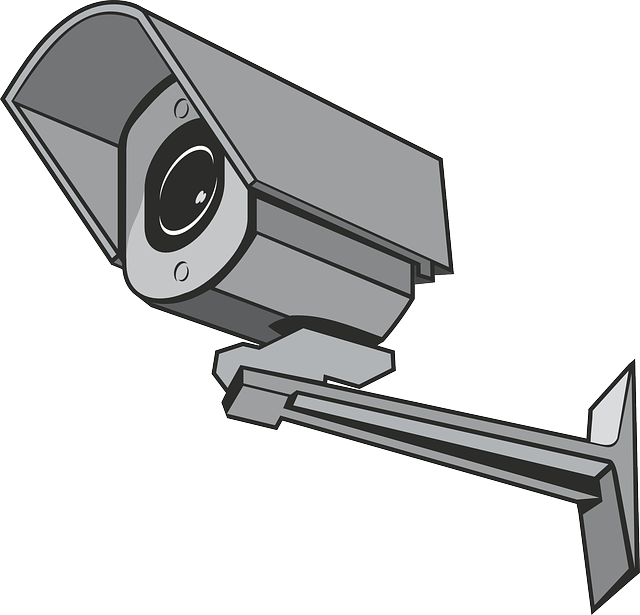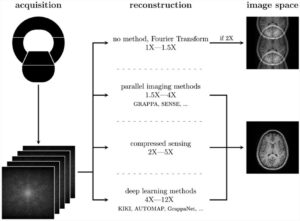This week in artificial intelligence (AI) news, we take a look at the growing use of surveillance systems utilizing AI technologies, the use of robotics and algorithms in the restaurant industry, and innovation at the 32nd Summer Olympic Games in Tokyo, Japan.
In true 1984 fashion, many countries around the globe, both democracies and autocracies, are adopting the use of AI surveillance systems. According to this article in The Washington Post, these countries, including the United States and France, are following China’s example and deploying these systems in order to track citizens. Some of the technologies being used are facial recognition software and automated border control systems, as well as various algorithms, which are used for advanced crime detection. The question is whether the citizens of these countries, especially the democracies, will accept this surveillance in exchange for security or see it as an invasion of privacy.
A more futuristic version of your favorite takeaway or grocery store may be closer than you think! Restaurants and grocery stores have already begun to deploy various AI and machine learning tools to serve their customers. For example, KFC is using facial recognition technology in China to take and remember previous orders, and also allows you to pay through this same technology. There is even a restaurant in California that is using a robot to prepare, cook, and plate your burger order. The robot uses several sensors and cameras to check the internal temperature of the burger and knows exactly when to flip and when to plate based on your order. Read the full article from the World Economic Forum by clicking here.
The 32nd Summer Olympic Games in Tokyo, Japan are aiming to bring a more innovative experience to the world stage in 2020, in partnership with Intel, with the Vice Director General of Tokyo 2020 stating, “We’re excited to be partnering with Intel to make Tokyo 2020 the most innovative Olympics in history.” New technologies that are planned on being used range from virtual reality (VR) training to 3D Athlete Tracking (3DAT). 3DAT is a first-of-its-kind programme that uses AI to offer real-time insights to viewers. For example, in track and field, the computer vision system will cover statistics such as the current speed of the athlete, distance to finish line, and more. To read the full article from Olympic.org, click here.













